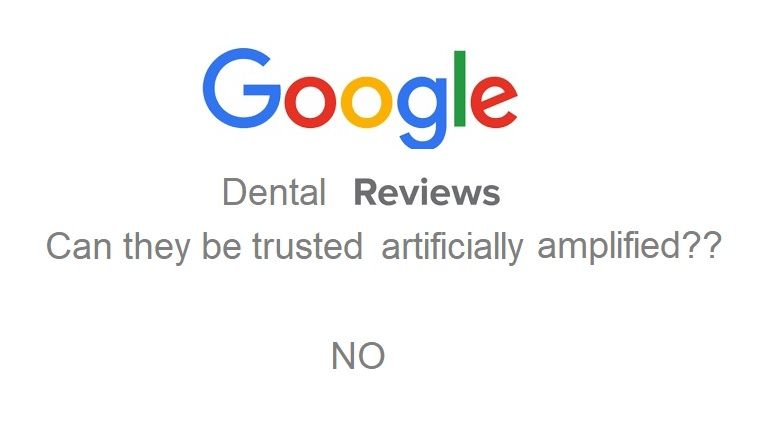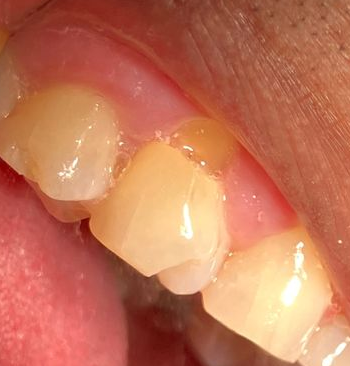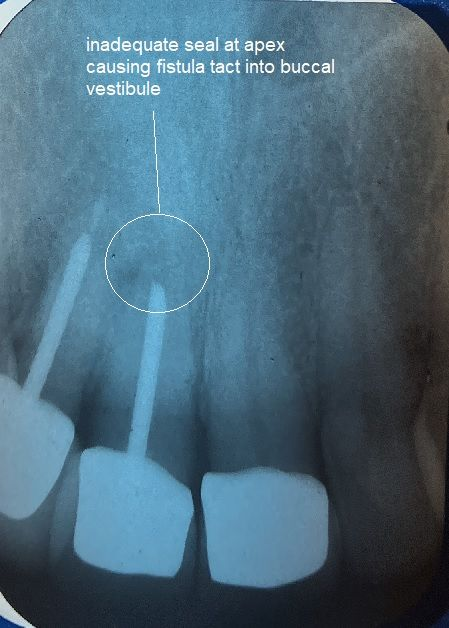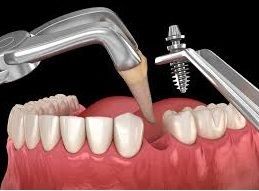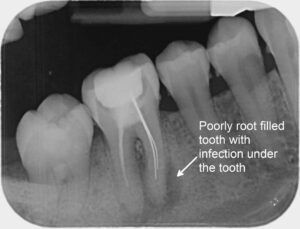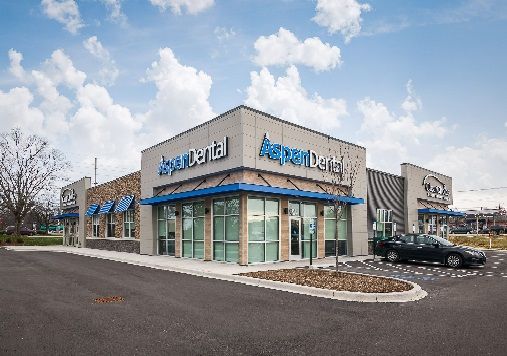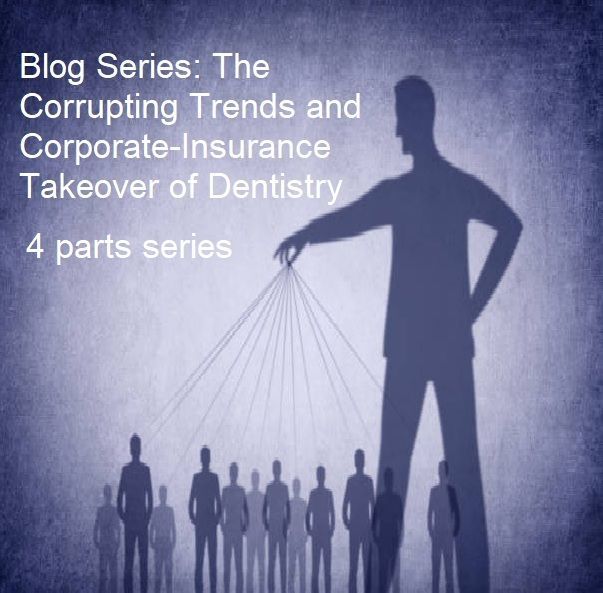Your biannual dentist appointment is a great time to ask questions and get answers. Here are some important questions you should be asking your dentist.
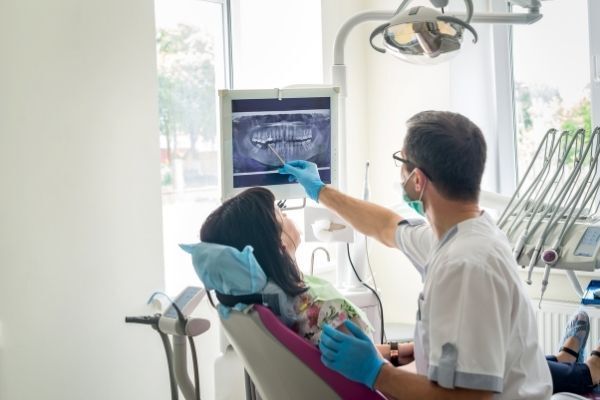
Most people will set aside time for a twice-yearly visit to their dentist for a checkup, cleaning, and x-rays. These appointments are critical to your oral health. They keep your teeth clean by removing traces of plaque and tartar and can detect any problems, such as cavities, before they worsen. It's common for your dentist to ask you questions during your biannual appointment, but what you might not know is that this appointment is also a fantastic opportunity to ask your own questions regarding your dental health. Let’s take a look at some important questions you should be asking your dentist. By asking these questions, you can get the answers you've been seeking and take a more active role in your health.
How Can I Improve My Dental Health?
During an exam, your dentist will point out any areas of concern and explain what they need to do to fix them. Before you leave, it may be a good idea to ask them some follow-up questions. You can ask your dentist for a summary of your overall health, how to improve your daily care, and if there are any other areas you can improve on. More specific questions you can ask include:
- Am I brushing and flossing correctly? If not, what's the proper technique?
- Is there a certain type of toothbrush, toothpaste, or other dental tools that you recommend?
- Is there anything that we need to keep a closer eye on?
Why Are My Teeth Sensitive/Hurting?
If your teeth are hurting or overly sensitive, it's important to let your dentist know so they can help you determine the root of the problem. Pain and sensitivity can stem from a variety of different factors, such as tooth damage, tooth decay, and whitening treatments. If you have damage or decay, it should be easy to detect during an exam or x-ray. Other causes may be more difficult to figure out. Once your dentist discovers the source of your pain or sensitivity, they can prescribe you medicine to help with the pain. They can also repair damaged or decaying teeth or give you advice on how to mitigate pain caused by other factors.
Should I Be Concerned About Gingivitis and Gum Disease?
Another question you should be asking your dentist is whether you're at risk for gingivitis and gum disease. Unfortunately, gum disease is common. Almost one in two Americans over the age of 30 have periodontal disease. When this disease goes undetected or untreated, it can lead to severe infection, tooth loss, and other serious health problems. If you're worried about gum disease, ask your dentist if there are any preventative steps you can take to lessen your risk.
If you ever suspect you have gum disease, make sure to mention your concerns to your dentist as soon as possible. They'll make sure you get the treatments necessary to alleviate your symptoms and stop the disease from progressing.
If you’re searching for a dentist in Riverview, Florida, contact Dr. Chris Castellano today! We're committed to providing you with the best dental services in modern dentistry and helping you achieve and maintain the bright, winning smile of your dreams.

